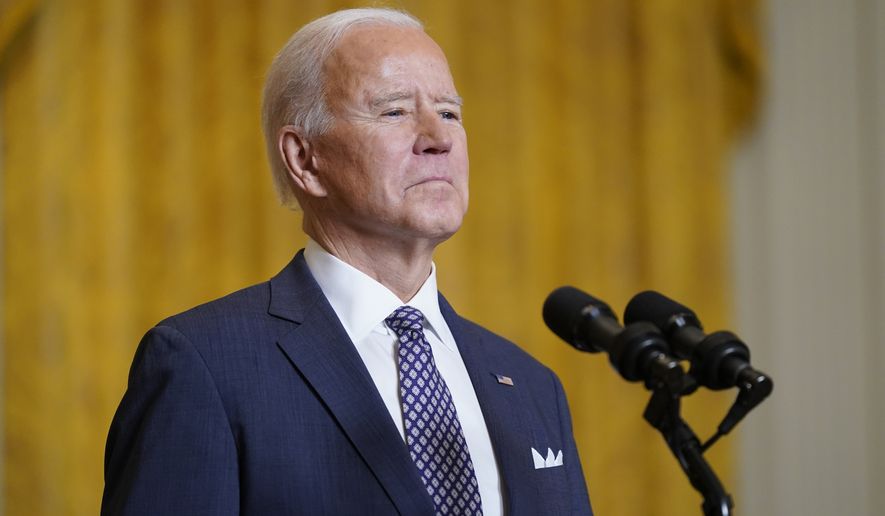The U.S. and its European partners abroad can compete with China in the 21st century and come out victorious, and Washington should “welcome” that high-stakes geopolitical and economic fight, President Biden said Friday in a sweeping foreign policy speech in which he sought to close the book on the Trump era and recast America’s role in the world.
In an address to the virtual Munich Security Conference, Mr. Biden declared that “America is back,” and that the often antagonistic relationship between the U.S. and Europe that defined former President Donald Trump’s tenure is over. Mr. Biden said the U.S. will quickly rejoin key diplomatic efforts that Mr. Trump moved away from, such as the Paris climate accord and international talks aimed at securing a revamped nuclear deal with Iran.
But the president spent most of his speech on big-picture themes, most notably that the U.S. and its democratic allies are in a generation-defining fight with China.
“We’re at an inflection point,” Mr. Biden said. “We are in the midst of a fundamental debate about the future direction of our world. Between those who argue that — given all of the challenges we face, from the fourth industrial revolution to a global pandemic — autocracy is the best way forward and those who understand that democracy is essential to meeting those challenges.”
“And I believe with every ounce of my being that democracy will and must prevail,” he said.
While his address was relatively light on policy specifics, Mr. Biden said the U.S. and Europe must take the lead in crafting global standards on pressing issues such as artificial intelligence, biotechnology, cybersecurity and other matters, rather than let Beijing and its ruling Communist Party write the rules.
Even as China expands its military footprint in the Pacific and grows into an economic powerhouse with billions of dollars in investments all across the globe, Mr. Biden said the U.S. cannot and should not shy away from the challenge.
“Competition with China is going to be stiff. That’s what I expect, and that’s what I welcome,” he said. “Because I believe in the global system Europe and the United States, together with our allies in the Indo-Pacific, worked so hard to build over the last 70 years.”
On Afghanistan, Mr. Biden said his administration “strongly supports the diplomatic process” underway to eventually get all U.S. troops out of Afghanistan — though he did not offer any clarity on whether he’ll honor a May 1 withdrawal deadline laid out in a deal Mr. Trump struck with the Taliban last year. There are currently about 2,500 U.S. troops in Afghanistan, along with another 7,500 forces from other nations.
• Ben Wolfgang can be reached at bwolfgang@washingtontimes.com.




Please read our comment policy before commenting.